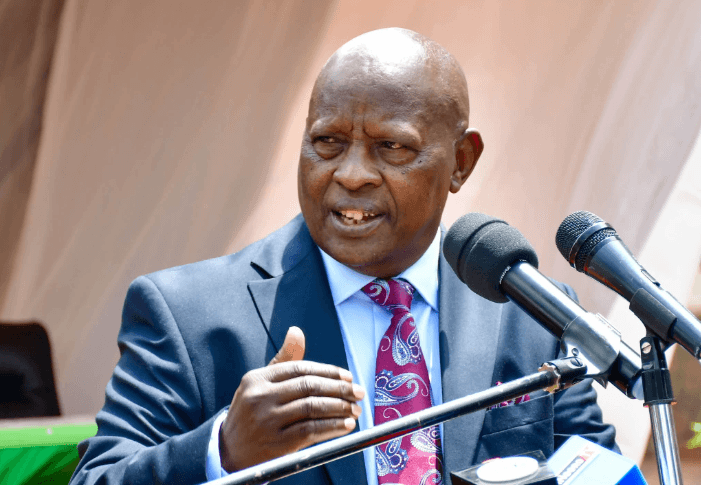In 1999, the UN's most inclusive agency recognised that true peace is not simply the absence of war or conflict. Instead, it is a dynamic, participatory process that thrives on dialogue, mutual understanding, and cooperation.
The declaration emphasised that peace is a positive force and one that must be actively nurtured within societies, communities and individuals.
As the world is about to commemorate the 25th anniversary of the United Nations General Assembly’s adoption of the Declaration and Programme of Action on a Culture of Peace and the International Day of Peace on the September 21, we are reminded that we have a collective need to foster a culture of peace, that transcends, that peace is just the mere absence of conflict.
The concept of a ‘culture of peace’ simply means going beyond thinking peace as just the cessation of hostilities, but also looking at how to bring peace in communities through education, sustainable development, respect for human rights and the promotion of equality.
We, therefore, need to ask ourselves if there is peaceful coexistence in our educational institutions. Is peace taught? If so, we need to really think about how peace is taught, and whether those teaching our children are demonstrating a culture of peace.
Also, we need to ask ourselves if the development path that our government is taking is ensuring sustainability, such that there can eventually be peaceful coexistence. According to the UN, good economic governance, the rule of law and equitable economic development are the prerequisites for peaceful and prosperous communities and nations.
Among the 30 rights and freedoms enshrined in the Universal Declaration of Human Rights, Article 1 emphasises the culture of peace by stating that we are equal and that we need to embrace brotherhood.
It states that "All human beings are born free and equal in dignity and rights. They are endowed with reason and conscience and should act towards one another in a spirit of brotherhood." All the other 29 UDHR articles that follow are a reflection of brotherhood and how to embrace and live with each other, while respecting each other's rights and freedoms, thus promoting peaceful coexistence.
Achieving the culture of peace, through promotion of equality, is complex in societies diverse like ours. But it is not impossible. More emphasis can be placed in having culturally competent citizens.
For example, the government has implemented programmes in educational institutions to promote the understanding of the different religions, tribes and cultures. However, similar efforts should be made with workplaces, places of worship and any other places where people congregate.
Many other ways of promoting the culture of peace through equality include enhancing policy frameworks that further promote equality in all sectors in Kenya. Others include better political representation, especially in the highest seats, ensuring that it is not only certain or major tribes that benefit all the tribes, but also minority tribes.
There is also the issue of addressing structural inequalities such as housing and healthcare, ensuring fair legal systems, as well as a free media that can report and represent people fairly and equally without fear of intimidation and arrest, among others.
The path to peace is indeed a collective one, requiring the participation from every citizen and those that lead us. By fostering a culture of peace, we can have a culture of understanding and cooperation. As we celebrate this significant anniversary, we need to ensure that the next 25 years brings us closer to a society where peace is truly the norm.
Democracy support researcher and scholar based in Sweden, [email protected]












